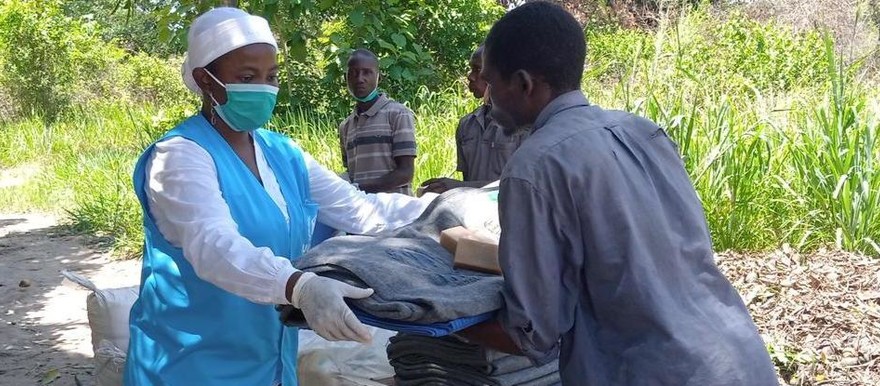A total of 249 refugees from the Democratic Republic of Congo (DRC) have crossed into Yambio County of South Sudan’s Western Equatoria State, a local official disclosed.
Paulino Zizi, the Commissioner for Refugee Affairs in the state, told Radio Tamazuj on Friday that the Congolese refugees started to cross into the county on May 4.
The official further pointed out that some of the new arrivals received food and non-food items distributed by humanitarian organizations.
He said the refugees are currently put in quarantine for 14 days in Birisi area before they are transferred to a refugee center in Makpandu.
Zizi urged humanitarian organizations to provide all services needed by the refugees while staying under quarantine.
South Sudan has so far recorded 156 cases of the novel coronavirus.
Separately, the UN Refugee Agency in South Sudan commended the unity government for continuing to welcome people seeking refuge from the Democratic Republic of Congo (DRC).
In a statement on Friday, UNHCR commended the unity government for its continued generosity to allow people fleeing recent violence in the Democratic Republic of Congo (DRC) to seek refuge in South Sudan, despite the current movement restrictions to combat the COVID-19 pandemic.
According to UNHCR, nearly 250 people from DRC have crossed into rural areas of the Western Equatoria State over the last week – many among them are vulnerable women and children.
“UNHCR and its partners, along with the Ministry of Health, the World Health Organization, and the CRA are on the ground to support the new arrivals with life-saving assistance; food, water, sanitation and healthcare services are provided and COVID19 preventive measures are implemented,” the statement reads in part.
It added that the new arrivals have been sensitized on the new coronavirus disease and the measures in place to tackle it, in compliance with South Sudan’s COVID-19 preparedness and pesponse Plan.
The UN agency pointed out that the new arrivals have agreed to undergo the 14-day mandatory quarantine in a safe location identified by the authorities, with the support of UNHCR and its partners.




